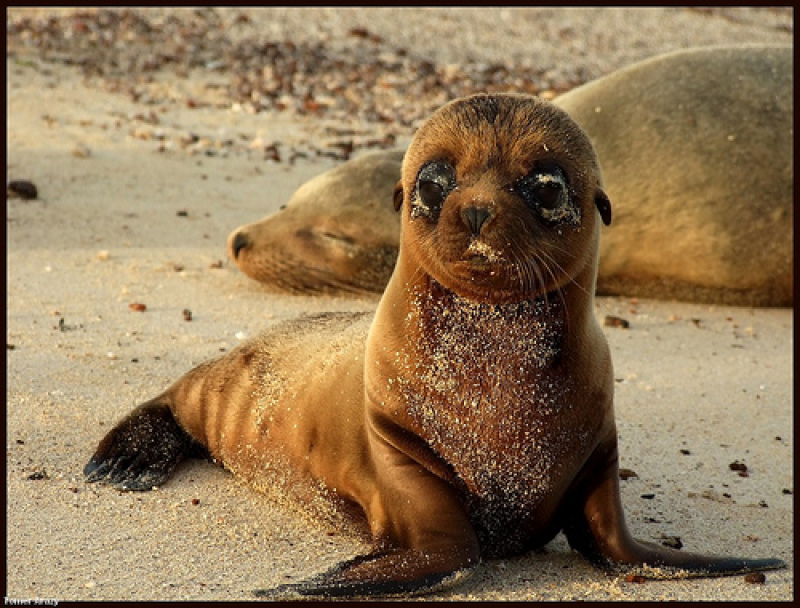
Animal rescuers in California reported that a huge number of dead and starving sea lion pups are turning up in the shores of the state's bays, the San Francisco Gate reported.
Although this is the third year that California has experienced such a phenomenon, officials said that this year's incident is the worst.
In January alone, over 250 pups have already been rescued by authorities. The rescuers said most of the animals are only about seven months old. Normally at this age, the sea lion pups are still with their mothers in their natural habitats in Mexico or the Channel Islands.
The officials said the rescued pups are starving and very weak. Although they could not provide an official explanation regarding the cause of their conditions, the rescuers speculated it may have something to do with environmental conditions and the animal's food supply, according to Daily Mail.
They theorized that due to the warming ocean conditions, the fish that sea lions prey on are forced to venture out to other parts of the ocean to look for food. As a result, the mothers of the pups leave their natural habitats to look for fish and other prey. This leaves the pups to fend for their selves.
However, since they are still young, the pups have a hard time finding food for their own and swimming in the ocean.
"The pups are desperate and starving, so they just jump in the water and swim and get pulled to the coastline," the Marine Mammal Center's director for veterinary medicine Shawn Johnson said in a statement according to the San Francisco Gate.
"They're just too small and too weak to dive and catch fish," he added.
The marine experts warned that this year's case is worse than the incidents in the previous years based on the numbers of dead and starving sea lion pups. 2013 saw a total of 1,500 rescued pups. However, the number of starving and dead pups in January of this year far exceeds that of the same period in 2013.
Also, in 2014, the number of rescued animals only reached the hundredth mark in April. But for this year, over 200 pups have already been rescued in January alone. The officials noted that investigating the cause of this phenomenon is vital because it is also related to the overall health of the world's oceans.


















